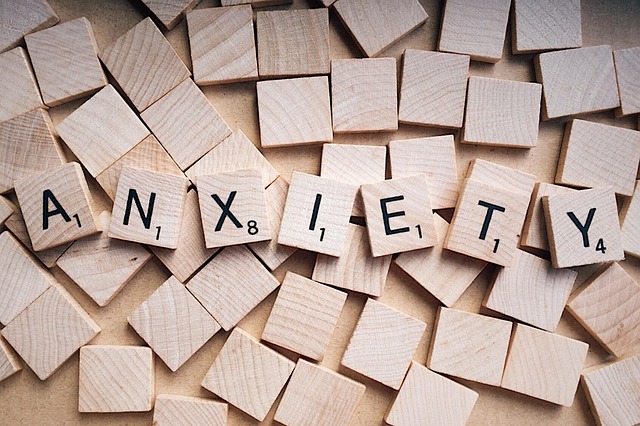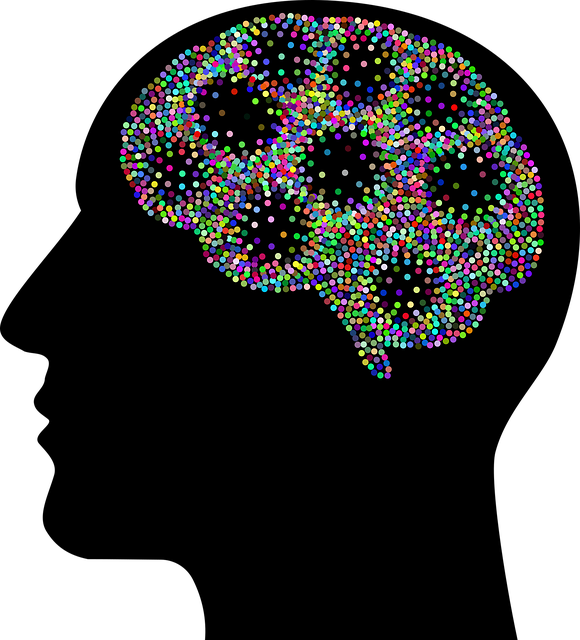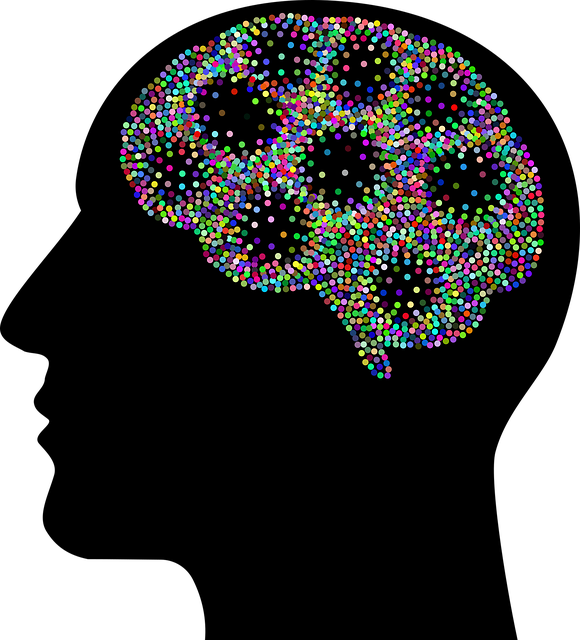Childhood abuse can lead to severe adult mental health issues, emphasizing the need for therapy for adults who have suffered child abuse. Trained therapists offer safe spaces and evidence-based approaches like CBT and EMDR to process trauma, develop healthy coping mechanisms, enhance self-care, and improve well-being. Public awareness campaigns encourage support-seeking. CBT helps children and adults reduce stress by changing negative thought patterns. Mindfulness and meditation foster present-moment awareness, promote emotional stability, and enhance social skills. Emotional support from friends, family, and groups is crucial for coping with trauma. Incorporating therapy into stress reduction strategies and prioritizing mental health professional self-care enhances overall well-being. Maintaining healthy lifestyles through balanced eating, exercise, and sleep further promotes resilience and inner peace.
Stress reduction methods are essential for maintaining mental health, especially for adults who have experienced childhood abuse. This article explores several effective strategies to manage and reduce stress, including cognitive behavioral therapy (CBT), mindfulness practices, emotional support, and healthy lifestyle choices. By understanding the impact of childhood abuse on adult stress and leveraging these proven techniques, individuals can cultivate resilience and enhance their overall well-being. Additionally, we delve into the critical role that therapy plays in helping adults navigate and overcome the effects of trauma.
- Understanding the Impact of Childhood Abuse on Adult Stress
- Cognitive Behavioral Therapy (CBT): A Powerful Tool for Stress Reduction
- Mindfulness and Meditation Practices for Calm and Resilience
- The Role of Emotional Support and Therapy in Managing Stress
- Healthy Lifestyle Choices for Long-Term Stress Management
Understanding the Impact of Childhood Abuse on Adult Stress

Childhood abuse, whether physical, emotional, or sexual, can have profound and long-lasting effects on an individual’s mental health as they grow into adulthood. The impact of such traumatic experiences often manifests in various stress responses later in life. Many adults who experienced abuse in their formative years may struggle with chronic stress, anxiety disorders, or even complex post-traumatic stress disorder (PTSD).
Seeking therapy for adults who have suffered child abuse is a crucial step towards healing and managing stress. Trained therapists can provide a safe space for individuals to process and make sense of their experiences. Through evidence-based therapeutic approaches, such as cognitive behavioral therapy (CBT) or eye movement desensitization and reprocessing (EMDR), adults can develop effective coping mechanisms, enhance self-care routines, and improve their overall well-being. Public awareness campaigns and communication strategies about the effects of childhood abuse are also essential in encouraging those affected to reach out for support.
Cognitive Behavioral Therapy (CBT): A Powerful Tool for Stress Reduction

Cognitive Behavioral Therapy (CBT) has emerged as a powerful tool for stress reduction, offering individuals effective strategies to manage and overcome challenging situations. This therapeutic approach focuses on identifying and changing negative thought patterns and behaviors, which are often at the root of heightened stress levels. CBT is not just beneficial for adults; it can also be adapted for children who have experienced trauma, such as abuse, helping them develop healthier coping mechanisms from a young age.
In the context of cultural sensitivity in mental healthcare practice, CBT can be tailored to accommodate diverse populations, ensuring that everyone receives culturally responsive care. By boosting confidence and providing valuable burnout prevention strategies for healthcare providers, CBT not only assists patients but also supports professionals in maintaining their well-being. This holistic approach ensures that individuals from all walks of life can access effective therapy to reduce stress and improve their overall mental health.
Mindfulness and Meditation Practices for Calm and Resilience

Mindfulness and meditation practices have emerged as powerful tools for managing stress and cultivating resilience in both adults and children who have experienced trauma, such as child abuse. These therapeutic techniques encourage individuals to focus on the present moment, acknowledging and accepting their thoughts and emotions without judgment. By regularly engaging in mindfulness exercises, one can develop a deeper sense of self-awareness, enhancing their ability to navigate life’s challenges with calmness and composure.
Meditation, specifically designed to promote relaxation and reduce stress, has been shown to be highly effective for trauma support services. It helps individuals process and release traumatic memories, fostering mental clarity and emotional stability. Moreover, integrating mindfulness into daily routines can lead to significant improvements in social skills training, enabling better coping strategies and enhanced relationships. Mental health professionals are increasingly utilizing these practices, considering them valuable risk assessment tools for managing stress-related disorders stemming from past traumas.
The Role of Emotional Support and Therapy in Managing Stress

Emotional support plays a pivotal role in stress management, offering individuals a safe space to process and release their feelings. Whether from friends, family, or support groups, this network provides comfort and understanding during stressful times. For those who have experienced trauma, such as child abuse, therapy becomes an indispensable tool. Professional therapists help clients explore and work through these past experiences, fostering resilience and healthier coping mechanisms.
Incorporating therapy into stress reduction strategies is beneficial for both adults and children. It aids in identifying triggers, developing personalized management techniques, and enhancing overall well-being. Moreover, for mental health professionals, risk management planning that includes self-care routine development is crucial to prevent burnout and ensure sustained effectiveness in their practice, thereby indirectly contributing to better client outcomes through enhanced emotional support.
Healthy Lifestyle Choices for Long-Term Stress Management

Maintaining a healthy lifestyle is an integral part of long-term stress management. This includes adopting balanced eating habits, engaging in regular physical activity, and prioritizing adequate sleep. These foundational self-care practices not only boost overall well-being but also serve as powerful tools to combat chronic stress. For instance, incorporating nutrient-rich foods into your diet can positively impact mood and energy levels, while consistent exercise releases endorphins that promote relaxation and a sense of calm.
Additionally, mental health education programs designed to address past traumas like child abuse therapy can significantly contribute to stress reduction. Such therapeutic interventions help individuals process and manage difficult experiences, fostering resilience and emotional coping mechanisms. By combining healthy lifestyle choices with specialized mental health support, adults can effectively navigate stress, enhance their quality of life, and cultivate a deeper sense of inner peace.
In conclusion, managing stress effectively is a multifaceted journey that can significantly enhance one’s quality of life. By understanding the deep-rooted impacts of childhood abuse and exploring evidence-based methods like CBT, mindfulness, emotional support, and healthy lifestyle choices, adults can break free from stressful cycles. These strategies empower individuals to build resilience, fostering a sense of calm amidst life’s challenges. Remember, seeking therapy, especially after traumatic experiences such as child abuse, is not only crucial for healing but also a powerful tool in the quest for long-term stress reduction and overall well-being.











